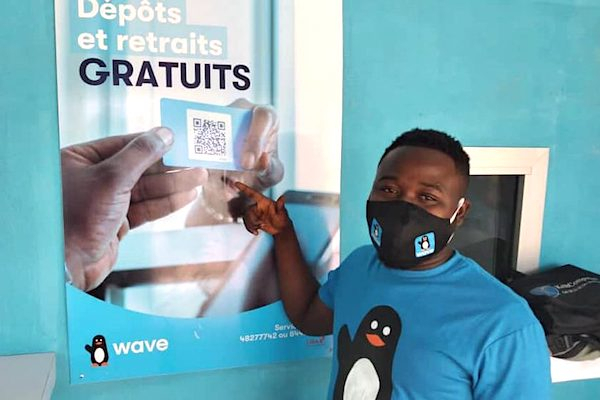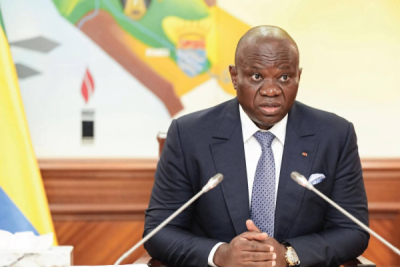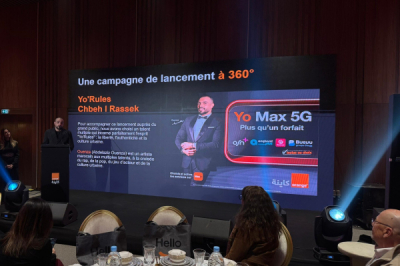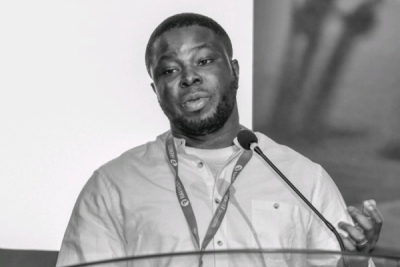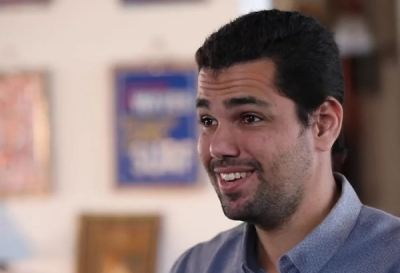Since the launch of its activities over a year ago, the fintech is highly praised by users. However, its partners’ discontent is growing because they fear its operating model could have a negative impact on financial inclusion and job creation in the long term.
On June 24, 2022, in Côte d’Ivoire, telecom operators and U.S Fintech Wave carried out a consultation meeting to elaborate a fee grid that would be beneficial for electronic money users, service providers, and electronic money issuers. According to the national union of mobile money agents Synamcil, no effective resolution came out of the meeting instructed by the Minister of Employment and Social Protection.
Ivorian mobile money agents will therefore have to wait a bit longer for a clear answer to their request for the improvement of their incomes, which is dwindling since April 2021 when Wave officially entered the local market with greatly reduced fees.
Meanwhile, hoping for an ultimate solution to the situation, the case will be transmitted to the Prime Minister, with minutes of the various meetings initiated by the Ministry of Employment and Social Protection. For the time being, mobile money agents will only have to continue operations as usual hoping their job would not become unprofitable in the long term.
An annoying business model
Since June 1, 2022, the Ivorian mobile money market is shaken by fintech Wave’s decision to introduce a new price grid that reduces the commission paid to mobile money agents. According to Felix Coulibaly, secretary-general of Synamcil, the commissions were reduced by about 40 percent going from XOF2,400 to XOF1,350 for some transactions and XOF4,600 to 2,675 for others.
“When Wave reduced the commissions we used to collect, it also introduced a new system called ‘revenue sharing’. We rejected that system because we believed it was not transparent since we had no visibility on the inner workings,” he explained.
Despite the agents’ opposition, Wave insisted on implementing its new price grid, leading some agents to go on strike from June 2 to 4, 2022. The grid was finally canceled during a meeting with unions operating in the electronic money segment, telecom operators, Wave, and the Ministry of Employment on June 17.
Agents then unilaterally decided to impose a XOF100 fee on deposits and withdrawals. The aim, according to Felix Coulibaly, was to allow agents to “make ends meet… let them earn enough to cover operating charges until the Minister of Employment helps find a solution” to the problem.
For the secretary-general, the 1% model touted by Wave is not that realistic and could have a negative impact on the market. “The three telecom operators used to pay us commissions for every transaction… Since April 1, Orange has decided to copy Wave’s operating model by paying us commissions for cumulated daily transitions. What we are holding against Wave is its model, which changed the market and reduced our commissions. Its Wave’s arrival in the market that caused all those problems. They [Wave executives] have always claimed that their model is tested and proven and that reshaping it would destroy it. They did not bring only problems to the market. In fact, thanks to them, the population is now aware that it is possible to collect just 1% fee on electronic transactions. Even we, agents, were not aware of such a possibility. It is now up to them to prove to the Ivorian state that they have a sustainable model,” he indicated.
Threat to financial inclusion
“The Ivorian mobile money market was relatively peaceful before Wave’s arrival. Transaction fees were about 2 to 3 percent. Every operator had a well-defined grid. Everything was fine until Wave entered the market. When it introduced a new model to the market, it disrupted everything,” says Sidibe Aboubacar, chairman of the Ivorian independent mobile money vendors’ union Amimomoci.
He explained that in October 2020, when Wave first started operations in Côte d’Ivoire with its 1% fee model, users were enthusiastic because the other operators’ fees were averaging 1 to 1.8 percent. While users were praising the model, it was destroying vendors’ income, he added. For four to five months, telecom operators maintained their commission level, they finally took measures since they were losing market share. MTN and Moov reduced their commissions while Orange completely changed its business model.
Apart from the reduced commissions that affect mobile money agents’ income, the other grievance Sidibe Aboubacar nurses against Wave is its propensity to make agents pay for the weaknesses of its economic model. “When Wave says fee-free deposits and withdrawals, some users deposit money in their account in Abidjan and go withdraw it [the same day] in Yamoussoukro. In that case, Wave will not pay commission to the two agents involved here because the transaction did not generate commissions. It sometimes even claims that the mobile money agents are complicit with the clients that act in that manner. We deem this treatment unfair,” he confided.
Mobile money fears job losses due to some outlets becoming unprofitable and therefore shutting down if the government does not find a sustainable solution for the fee problem. Failure to find a solution will also affect financial inclusion. The population could also be forced to go miles and spent transport fees just to carry out financial transactions they can currently perform in their immediate neighborhood.
Muriel Edjo


